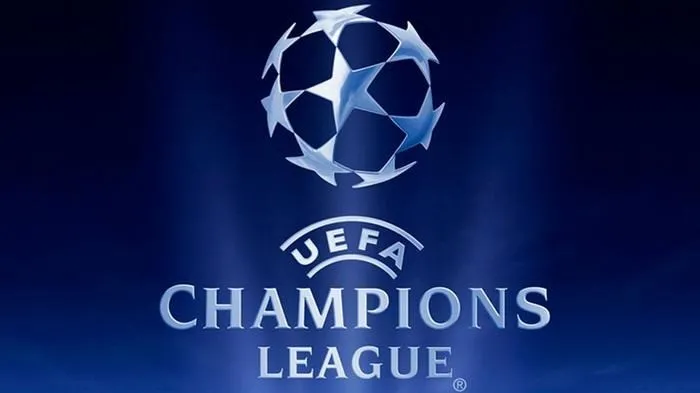
As the first leg of the Champions League last 16 tie between PSG and Real Madrid unfolded, it became clear how UEFA’s decision to abolish the away goals rule would manifest itself.
The Spanish champions simply had no interest in scoring in Paris, and Carlo Ancelotti – who was part of one of the greatest defences in modern football at AC Milan in the late 1980s and early ‘90s – decided that the best mode of attack was defence.
Of course, there was nothing to be gained by trying to find the net on foreign soil and expose his team to the skill and pace of Lionel
Messi, Kylian Mbappé and company on the counter-attack given that away goals now offer unenhanced advantages.
In the end, PSG were allowed to fire 21 shots at Real’s goal, with eight on target, but Ancelotti’s strategy looked to be a smart one… at least until Mbappé popped up with his 94-minute winner.
As we know, the Galacticos went on to win the tie over two legs, but there’s no doubt that – as far as the Champions League is concerned – is now an altogether different animal.

Given that this is the first season of the revamped rulebook, it would be foolish to jump to any hasty conclusions about the absence of the extra weighting given to away goals.
In any case, some teams will go about their business in the same way as before. For example, Manchester City demolished Sporting Lisbon 5-0 away from home, Liverpool triumphed 2-0 at the San Siro and even Ajax bagged a decent result at Benfica in a 2-2 draw.
None of those sides paid any heed to the loss of the away goals rule. In fact, it was only Real Madrid and Juventus, who were happy to concede possession to Villarreal, that really played with any conservatism on the road.
Of the ties played at the start of March, all four were won by sides that had played the first leg away from home, and perhaps that is significant. Before, the second leg would prove vital, and an away goal at this point could completely change the nature of the contest.
However, with the knowledge that they wouldn’t be penalised as much if they did concede in the second leg, the hosts in each fixture played with completely carefree abandon on home soil. Bayern blasted seven goals against Red Bull Salzburg, Real plundered three in the rematch against PSG, and Liverpool missed a against Inter Milan.
It’s noteworthy that, in past seasons, Real Madrid would have had to find three goals to qualify for the quarter-finals after PSG went up 2-0 on aggregate (the second of which was an away goal at the Bernabeu). Would they have been demoralised, or would the Parisians have crumbled in the manner they did? Clearly, knowing they only needed two goals to force extra time under the new rule spurred the Galacticos on.
Teams are still adjusting to the new Champions League rules, but the suggestion is that the side playing away first has more of an advantage now because they can enjoy the second leg on home soil without the fear of conceding an away goal or two. In the fullness of time, this information may become invaluable to punters.